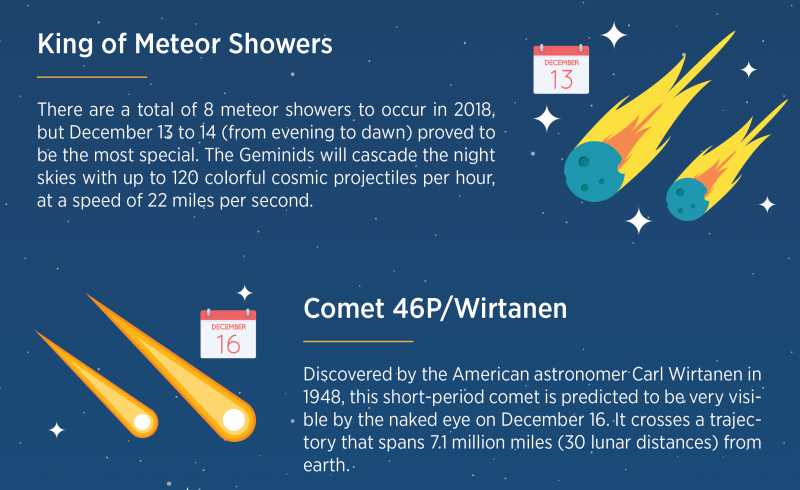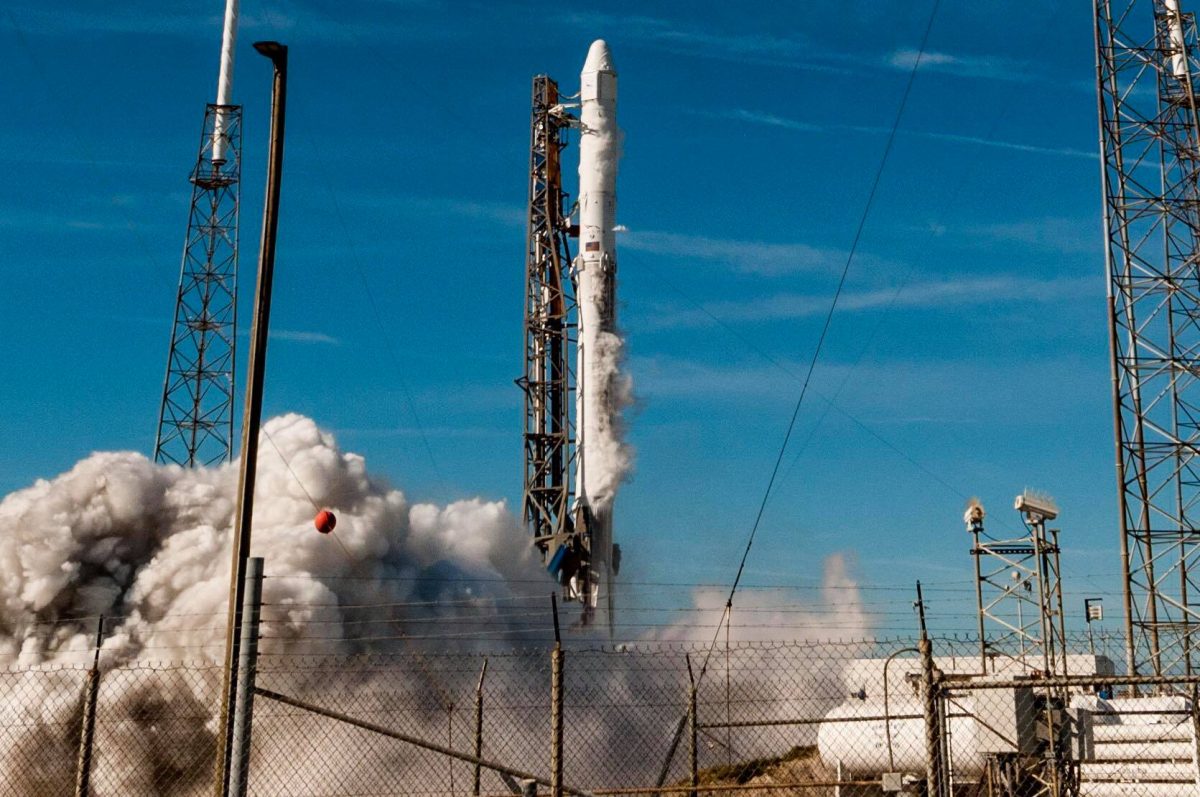Don’t Miss the Rest of 2018’s Incredible Astronomical Events [Infographic]
May 2, 2018By: Susan Baxter
After more than 150 years, we witnessed the spectacular and breathtaking Super Blue Blood Moon on January 31, 2018. It is a rare lunar event that combines a blue moon, a supermoon, and total lunar eclipse happening all at once.
People from different parts of the world had the chance to get a glimpse of a big, crimson full moon, but it was highly visible in eastern Asia, Australia, some parts of Canada, and the US west coast. If you weren’t able to witness that phenomenon this year, then you still have another chance.
According to Space.com, the next Super Blue Blood Moon is going to happen in 2037, which is 19 years from now.
Aside from that celestial occurrence, there were other cosmic events that recently happened earlier this year. One was the planetary alignment that happened last March 7 and 8. Using Earth as the point of reference, the specific arrangement of the alignment consisted of Saturn, Mars, Antares – the brightest star of the Scorpius Constellation, our Moon, and Jupiter. It spanned over the southwestern to southeastern hemispheres.
Another spatial event every astronomy enthusiast should have seen was the return of Tiangong or the Sky Palace. It is China’s first prototype space station that was sent to space on September 29, 2011. It ended its journey on March 12, 2016, and it was expected to return to Earth’s atmosphere by the end of March this year. Experts said that its arrival appeared as a cluster of fiery projectiles in the night sky, making it a more spectacular event to see.
Apparently, 2018 is a busy year for stargazers, skygazers, astronomy buffs, and even astrophotography enthusiasts. Although major astronomical events have already happened, the year is still young, and there are still so many celestial phenomena to anticipate until December 2018.
Click here for the events to take note of.

“Since prehistory, mankind has been looking at the skies for answers regarding the mysteries of the natural world. Hence, our ancestors were able to comprehend important concepts like time, seasons, climate, and distance. But no matter how far humanity has come in terms of technology, looking at the vast heavens (especially) at night still leaves people in a state of awe – realizing how insignificant we all are in the natural order of the universe.”









